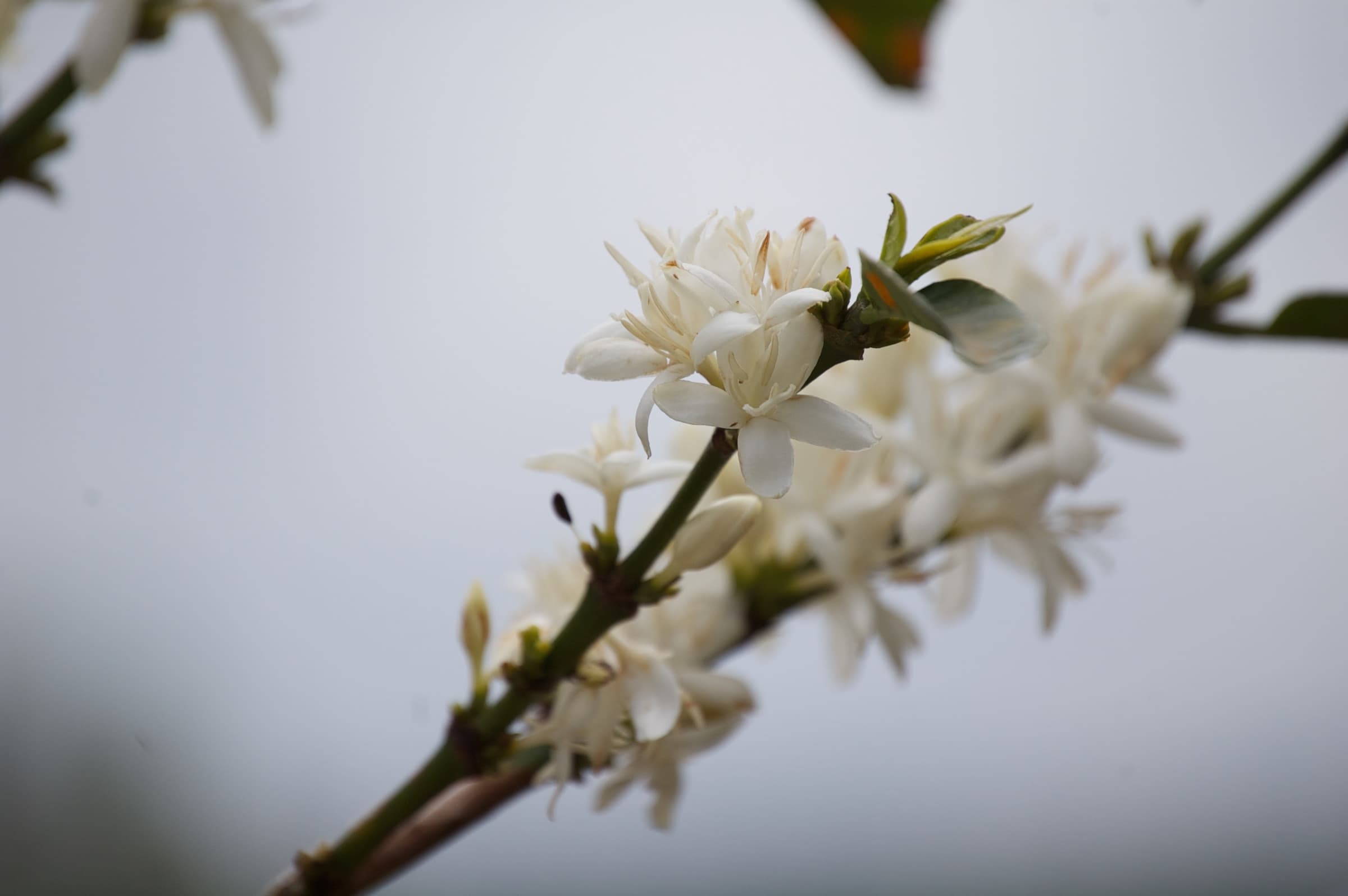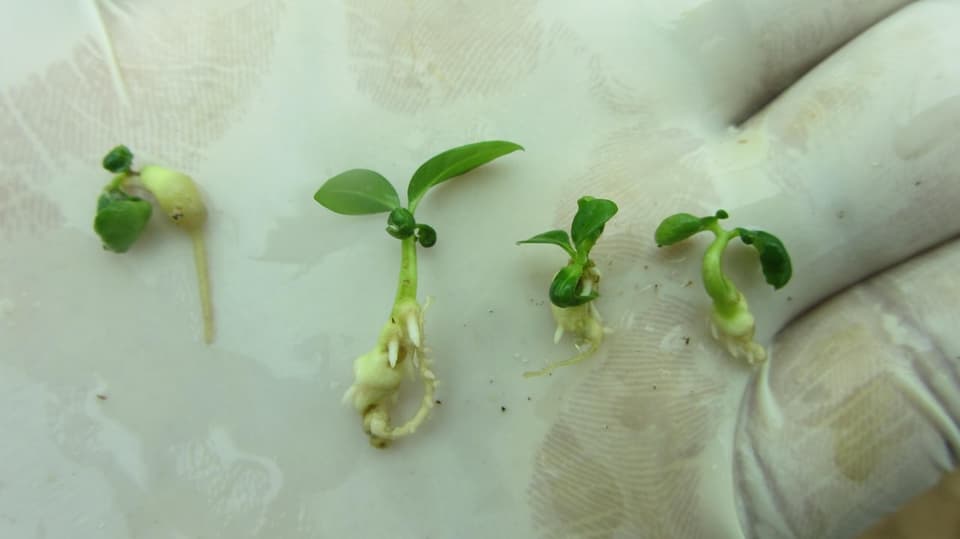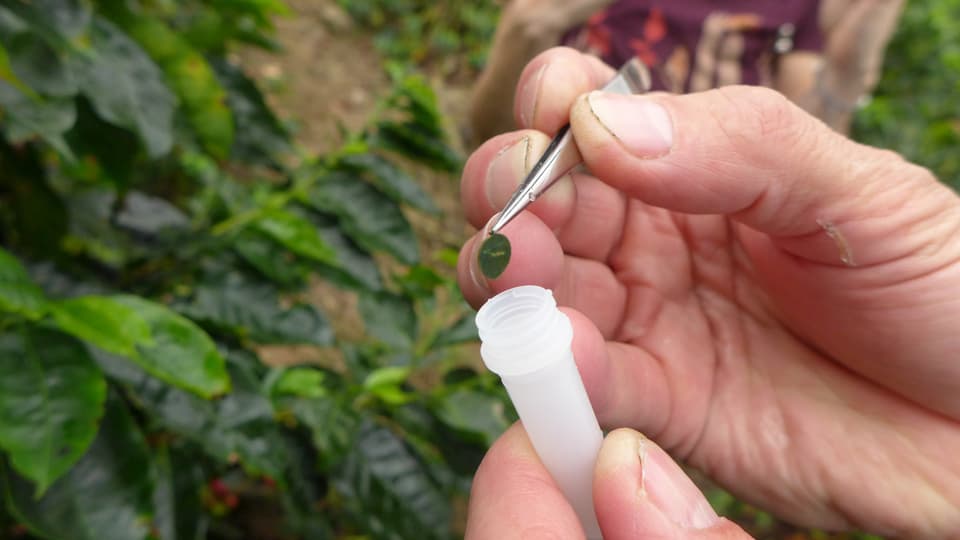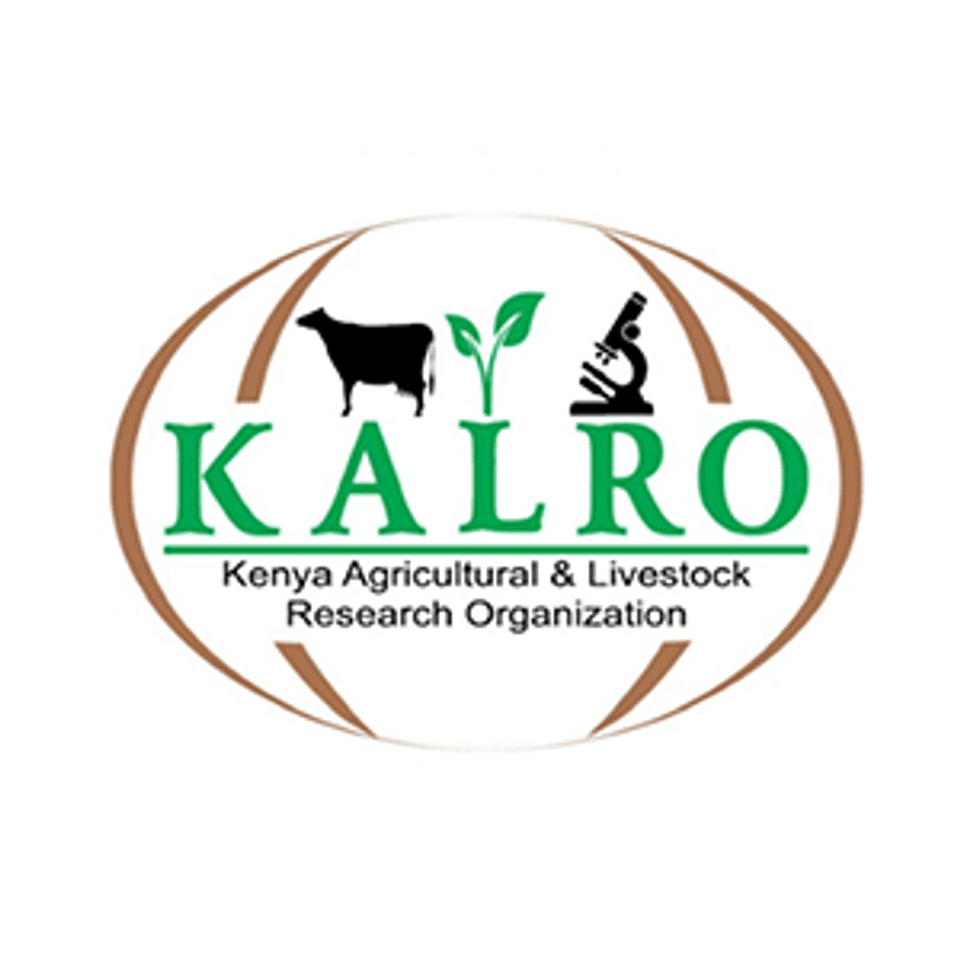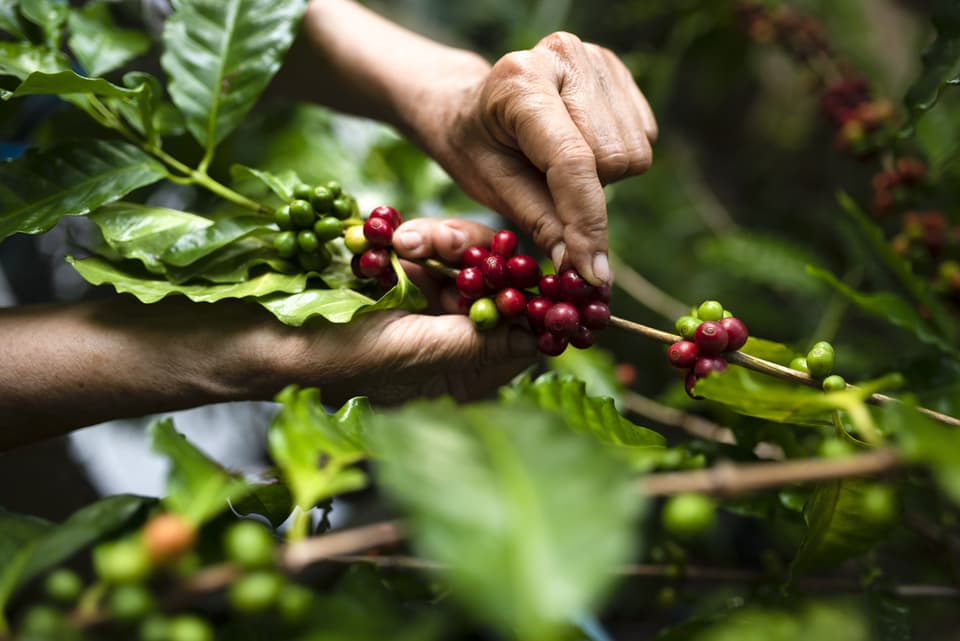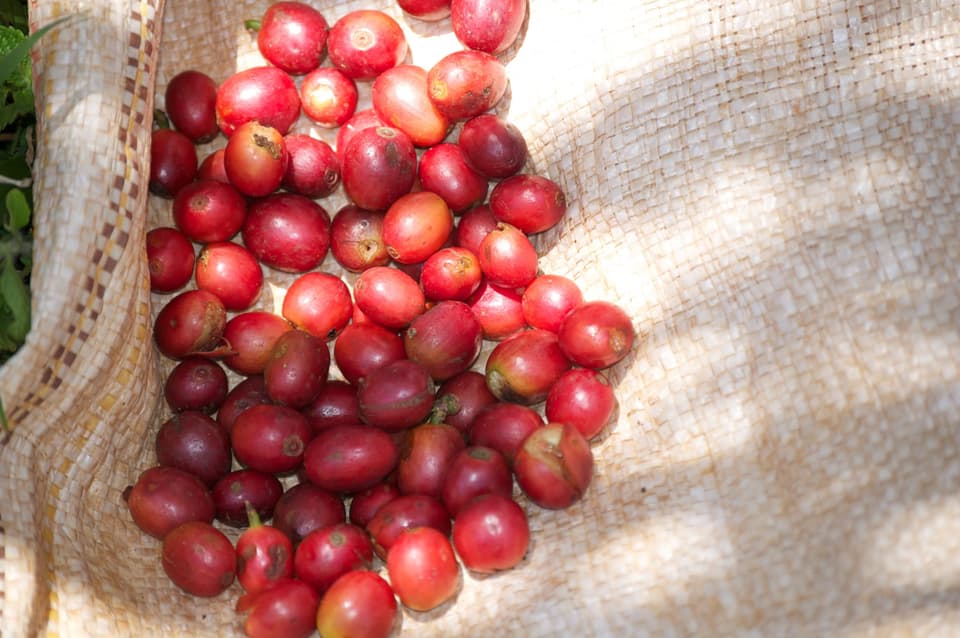Kenya has historically produced some of the highest quality arabica coffees in the world, prized for their acidity, intensity, and complexity of flavor. But Kenya also suffers from severe disease and pest pressure, which has pushed farmers away from older, susceptible arabica varieties toward disease-resistant varieties, including Batian and Ruiru 11 (as of 2019, an estimated 300,000 families had replanted with these new varieties1). Kenya’s overall production has declined since the 1990s as many former coffee areas have been urbanized, but coffee remains a critical export crop for the country, supporting 800,000 smallholders and generating significant national export income.2 Kenya has a long and strong tradition of coffee research in support of its farmers via the Coffee Research Institute (CRI of the Kenya Agricultural and Livestock Research Organization (KALRO).
1. ICO Coffee Country Profile: Kenya (2019)
2. ICO Coffee Country Profile: Kenya (2019)
